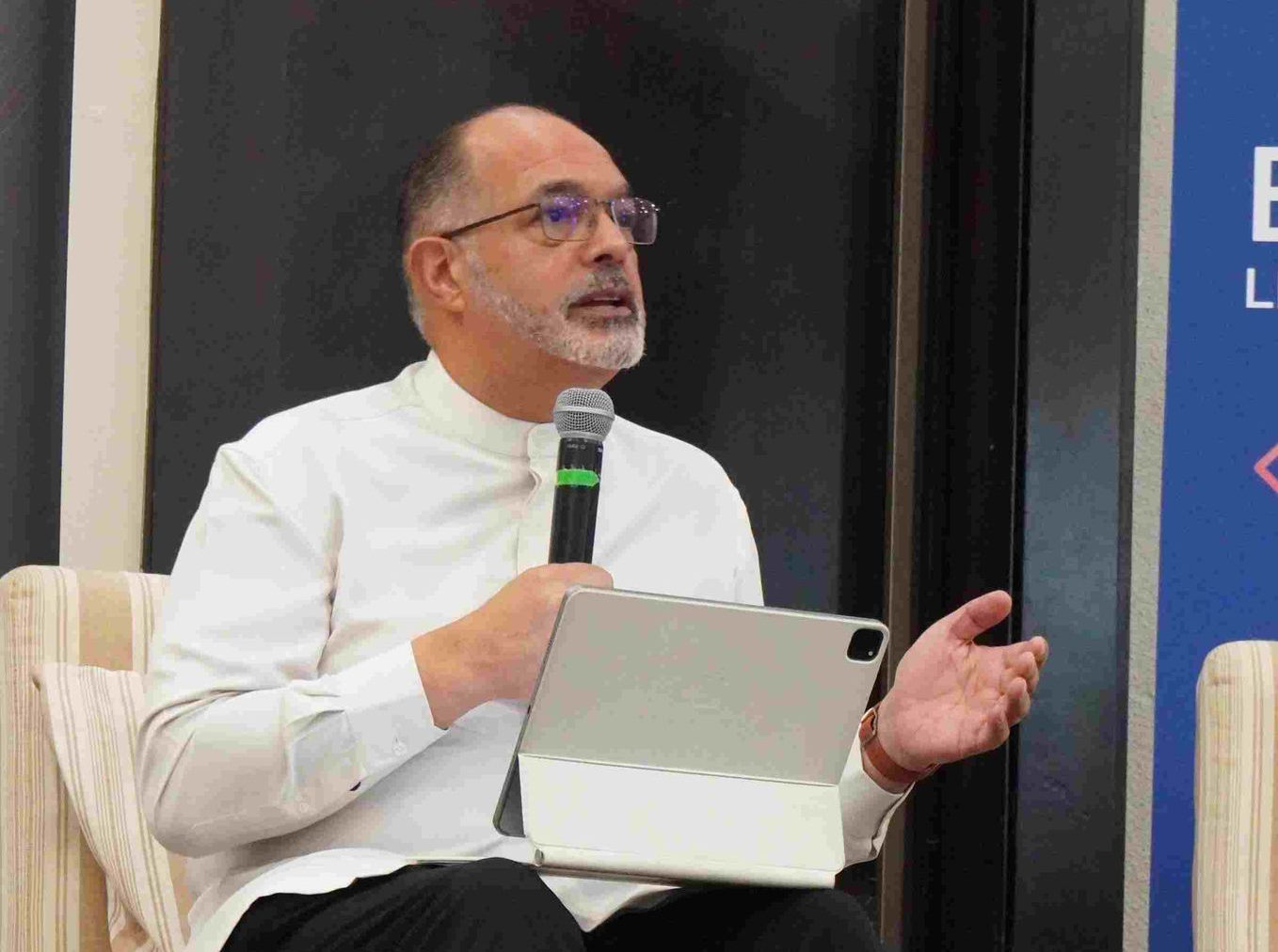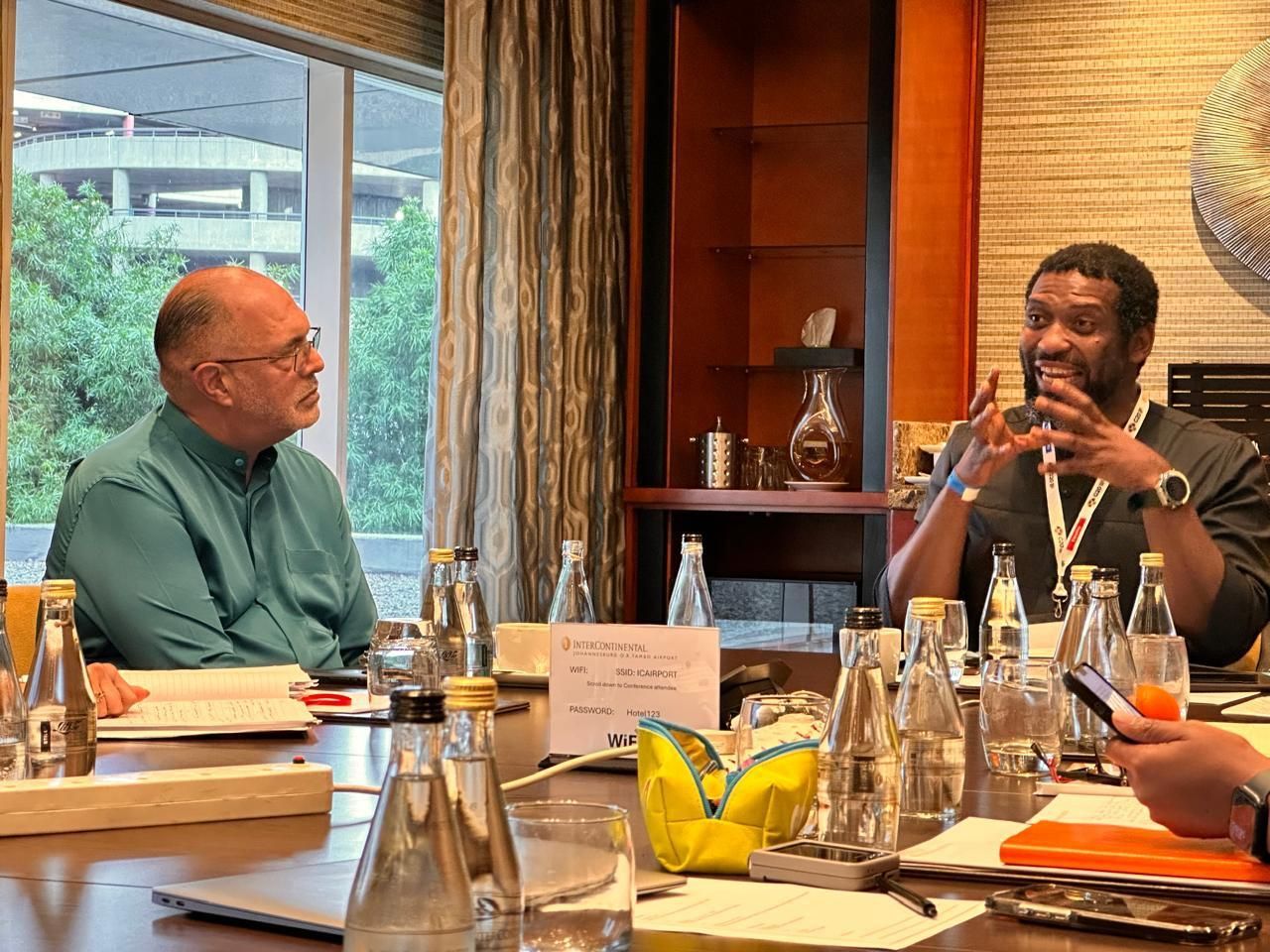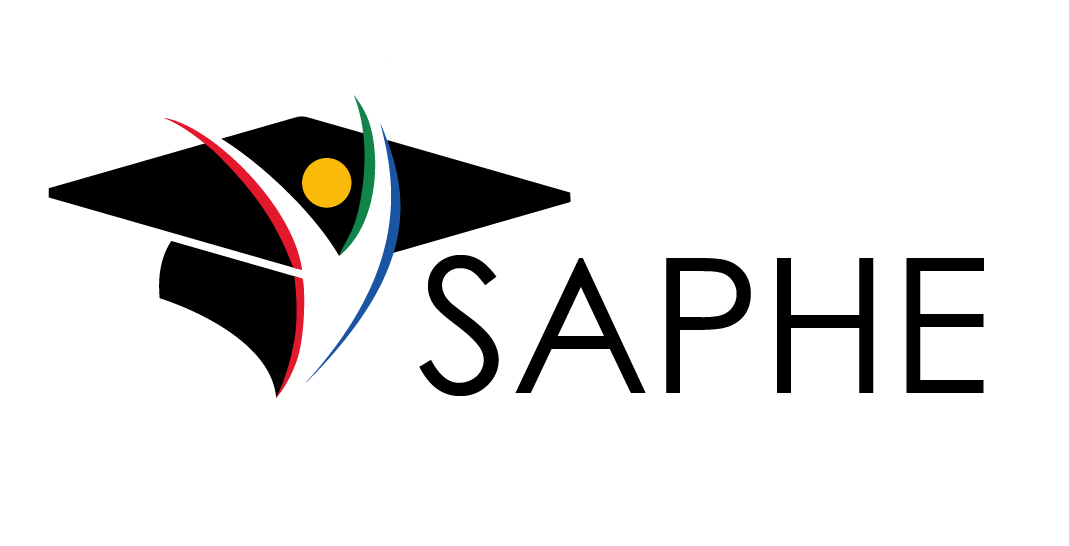Second SAPHE Conference: A Resounding Success!
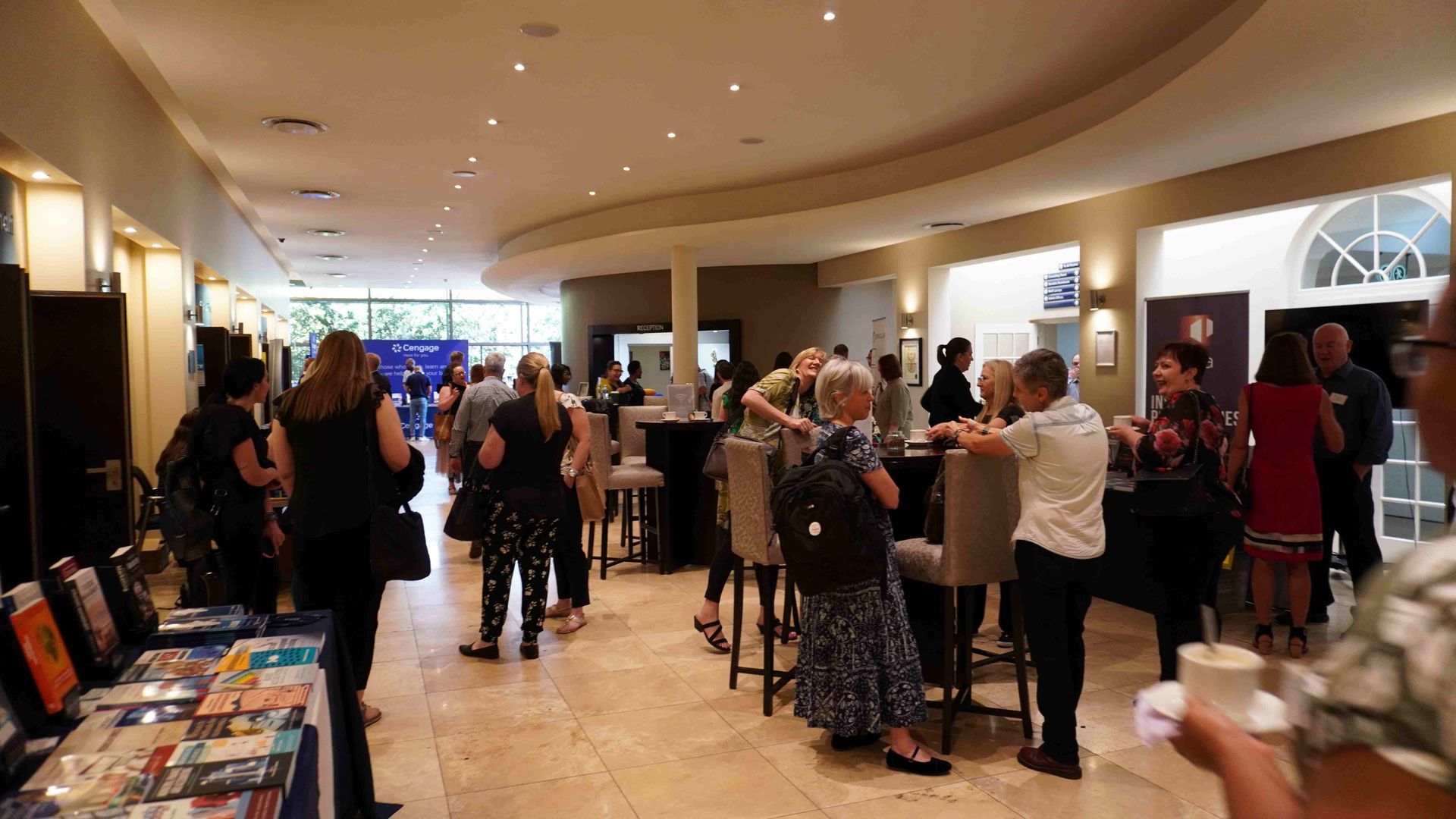
The 2nd Annual SAPHE Conference, held on 5–6 November at the IMM Graduate School, exceeded expectations, receiving overwhelmingly positive feedback from attendees. The event was abuzz with activity, high-level discussions, and dynamic conversations centred on higher education (HE), with a particular focus on private higher education Under the theme, Leading innovation in Higher Education (HE), the Conference featured prominent keynote speakers, thought-provoking panel discussions, interactive workshops and insightful research presentations.
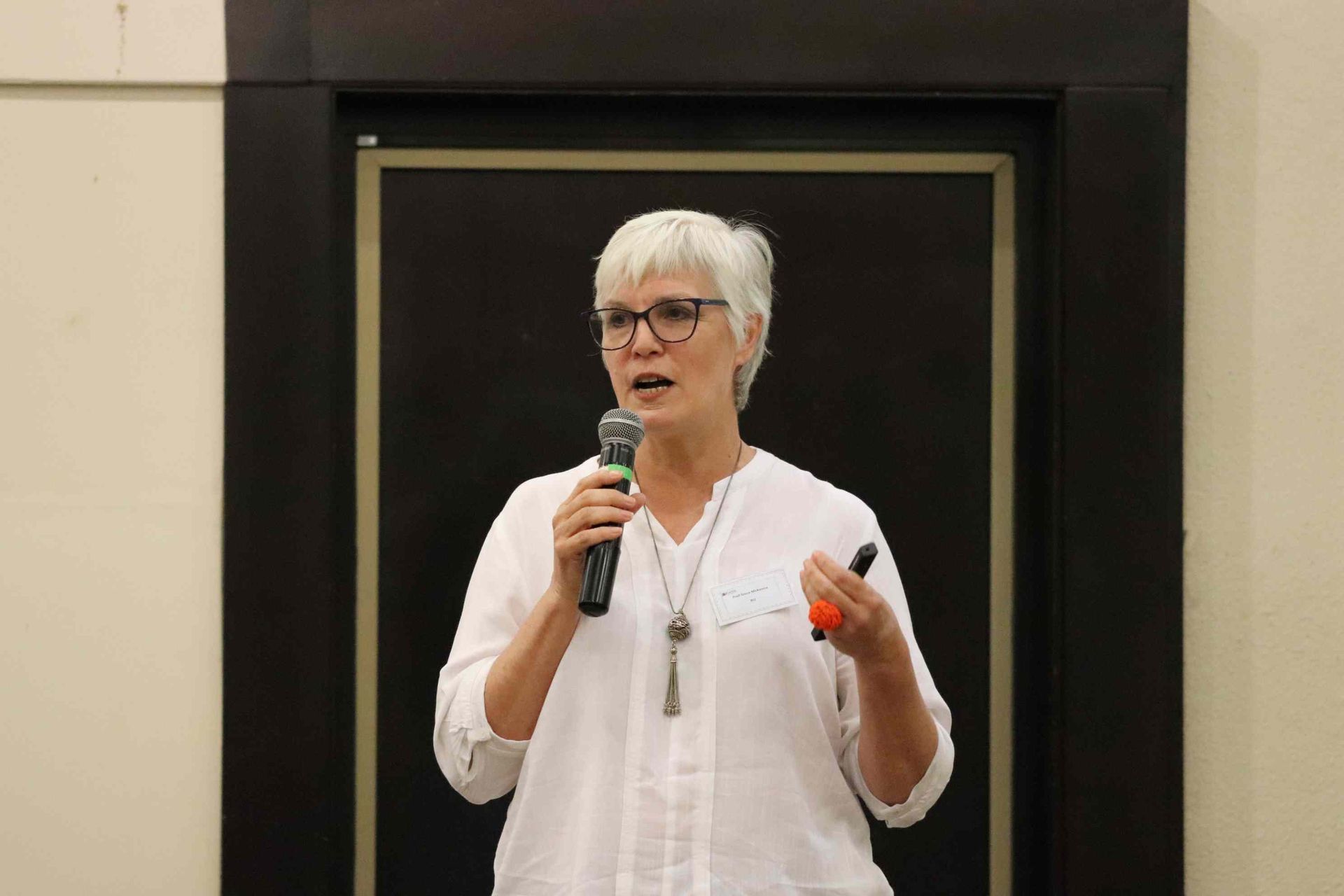
Setting the tone
Renowned academic and vibrant speaker, Prof. Sioux McKenna, opened the conference with a keynote address that set the stage for deep reflection on the future of higher education. Her probing questions about the purpose of HE, whose interests it should serve, what makes it good, its short-term goals, and the threats to its long-term future underscored the complexity and multifaceted nature of the topic.
With astuteness and insight, Prof McKenna explored HE from different perspectives before challenging attendees with a powerful final question: What future do you want for HE?
The conversation continued with a panel discussion on Shaping the discourse of a responsive private HE sector. Facilitator Dr Ronel Blom, and panel members Dr Makhapa Makhafola from SAQA, Dr Gloria Castrillon from UJ and Ms Helen Buhrs, Inscape CEO, discussed the challenges and opportunities facing the sector.
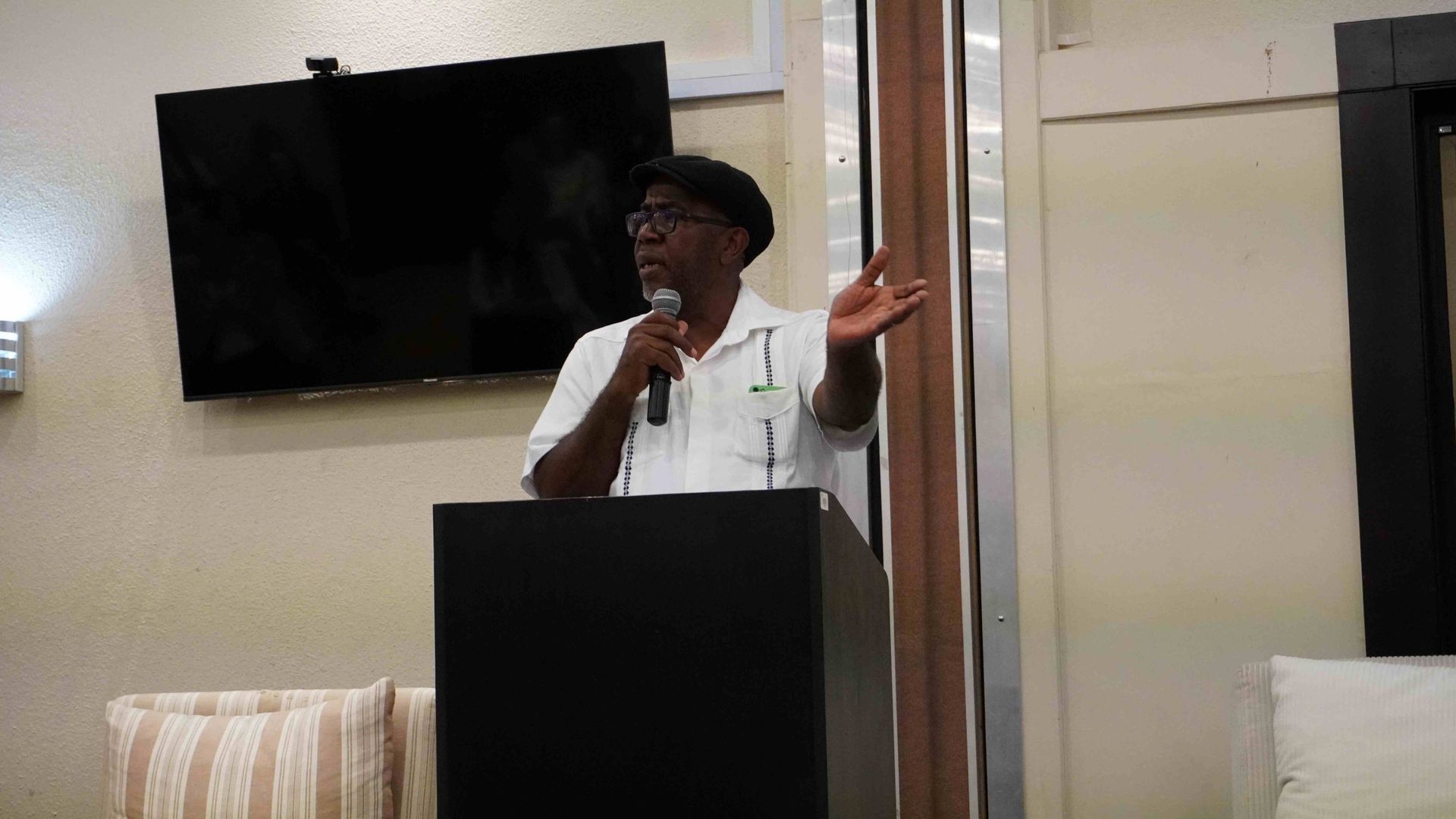
The role of HE in socio-economic growth
On the second day of the Conference, Dr Lucky Mathebula delivered an inspiring keynote address on The role of HE in socio-economic growth. He emphasised that HE’s essence lies not only in creating a better society but also in showcasing the potential greatness of a country through its graduates. His address left attendees motivated to see HE as a transformative force for societal progress.
Building on Dr Mathebula’s insights, a panel discussion explored the potential of Inner Development Goals (IDGs) in fostering students’ personal and professional success. Panel members included Dr Radhika Bhuyan (UJ), Namhla Mzuku (UP), and Leigh Johnson, a private consultant.
Engaging workshops on authentic assessment and leadership skills for academics and institutional leaders, and research presentations ensured ongoing momentum throughout the Conference.
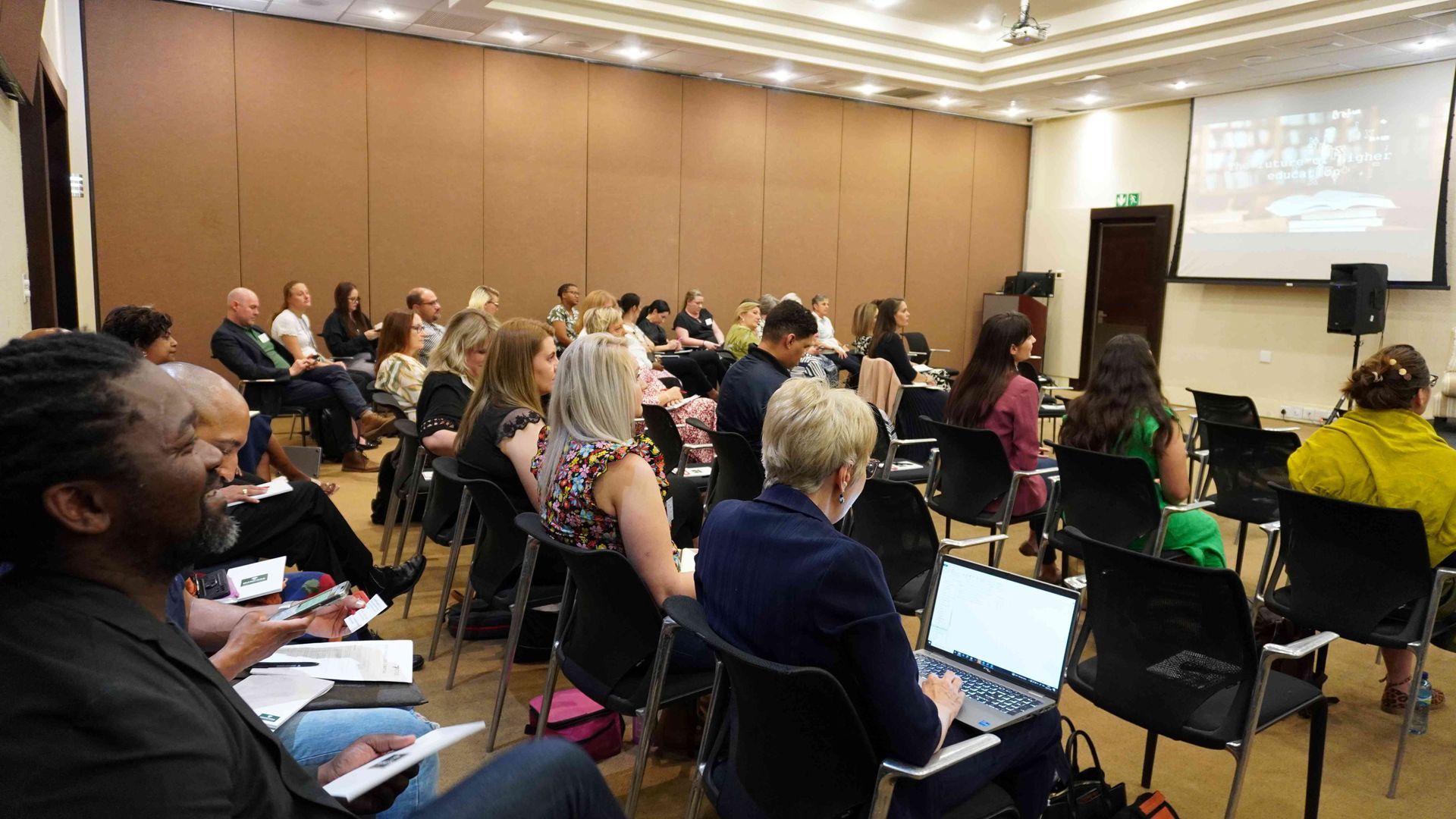
Excellence Awards
A highlight of the Conference was the inaugural SAPHE Excellence Awards, celebrated during a cocktail event. Awards were presented in three categories: Teaching and Learning, Research, and Community Engagement.
Winners:
- Teaching and Learning: Boston City Campus, with academics Dr Rob Stegmann, Ms Colette Heunes, Prof. Cobus Oosthuizen, and Dr Janet Viljoen taking the trophy for their multi-faceted entry.
- Research: Dr Tadi Rampai (Posthumous) from The Da Vinci Institute.
- Community Engagement: Mr John Durr and Mr Earl-Djehuti Erasmus from Tsiba.
Runners-up:
- Teaching and Learning: 1st runner-up, Ms Annetjie Pretorius (The Independent Institute of Education); 2nd runner-up, Ms Riana Prins and Dr Cecelia Rosa (IMM Graduate School).
- Research: 1st runner-up, Ms Jaclyn van Rensburg (Red & Yellow Creative School of Business); 2nd runner-up, Dr Rob Stegmann (Boston City Campus).
- Community Engagement: 1st Runner-Up, Ms. Sarina Till (The Independent Institute of Education); 2nd runner-up, Dr Daud Taranikhe (The Da Vinci Institute).
The conference also provided ample networking opportunities, fostering connections and collaboration among peers.
Acknowledging our partners
The SAPHE Conference would not have been possible without the generous support of sponsors Cengage, Juta, OpenCoLab, Oxford University Press and Van Schaik and exhibitors Bookt, Emerald, EdgeEducation, Wisenet and WWIS.
The Conference Committee extended sincere gratitude to everyone who contributed to the success of this inspiring event.

